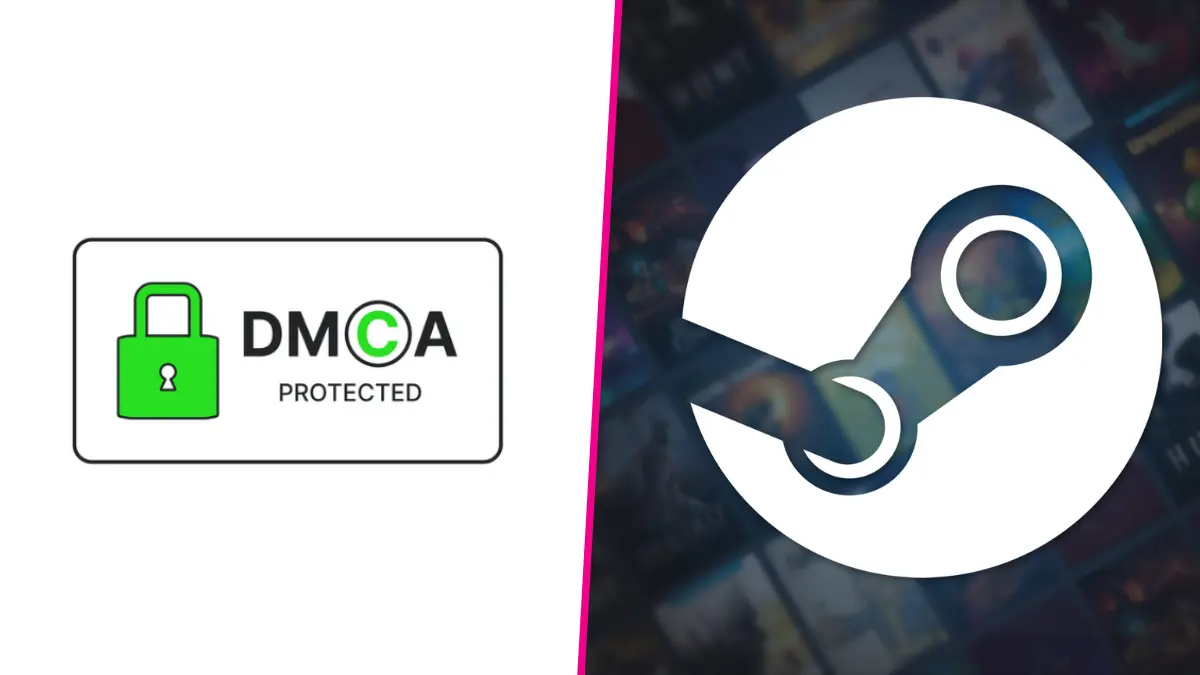Popular mods across Steam Workshop have vanished overnight as bad actors launch a coordinated attack using false DMCA takedown claims. Games including Stellaris, Terraria, and Hearts of Iron IV have seen major modifications like UI Overhaul and Thorium Mod suddenly disappear, leaving thousands of players without access to content they depend on.
The problem comes from how the Digital Millennium Copyright Act (DMCA) works. When Valve gets a copyright claim, they have to take down the content right away to keep their legal protection under “safe harbor” rules. This system, set up in 1998, makes platforms act first and figure things out later.
“The issue is not the platform holder, it is the law,” noted one affected modder. “False DMCA takedowns carry a penalty, but pursuing them costs money.”
This leaves mod creators in a terrible spot. To fight a takedown, they have to submit a counter-notice that means handing over their real name and address to the claimant—details that have reportedly led to harassment before.
“What made it worse is that people would innocently do the counterclaim form with their real names and addresses not realizing that this is given to the original claimant, at which point the guy was using the details for harassment campaigns like attempts at swatting,” explained one community member familiar with past DMCA abuse.
The attack seems organized, going after top mods across different games. Unlike real copyright claims from game publishers, these are probably coming from individuals or groups that know how to take advantage of the system’s weak spots.
For Valve, their hands are tied. Ignoring DMCA notices could mean legal trouble. While they tell creators about takedowns and offer the option to file a counter-notice, they can’t easily tell if a claim is real or fake without risking their safe harbor protection.
It’s especially worrying how this could hurt the modding scene overall. Lots of PC games stay alive because of dedicated modders who keep things fresh and fix problems long after the developers have stopped working on them. If modders start worrying about getting harassed just for fighting back against a DMCA takedown, fewer people will want to make or share cool stuff.
Digital law stuck in the past
This mess shows just how outdated the DMCA is now that we’re in an era of user-made content. The law acts like everyone’s playing fair and doesn’t really protect against trolls. Sure, there are official penalties for making fake claims, but those almost never actually happen—especially when the people filing are hard to track down.
Mod creators are hoping their work comes back if the people filing the fake claims don’t follow up with legal action in the 10-14 business day window. Still, there’s nothing stopping the same trolls from submitting more fake DMCA claims as soon as the mods are back online, which could keep this headache going forever.

